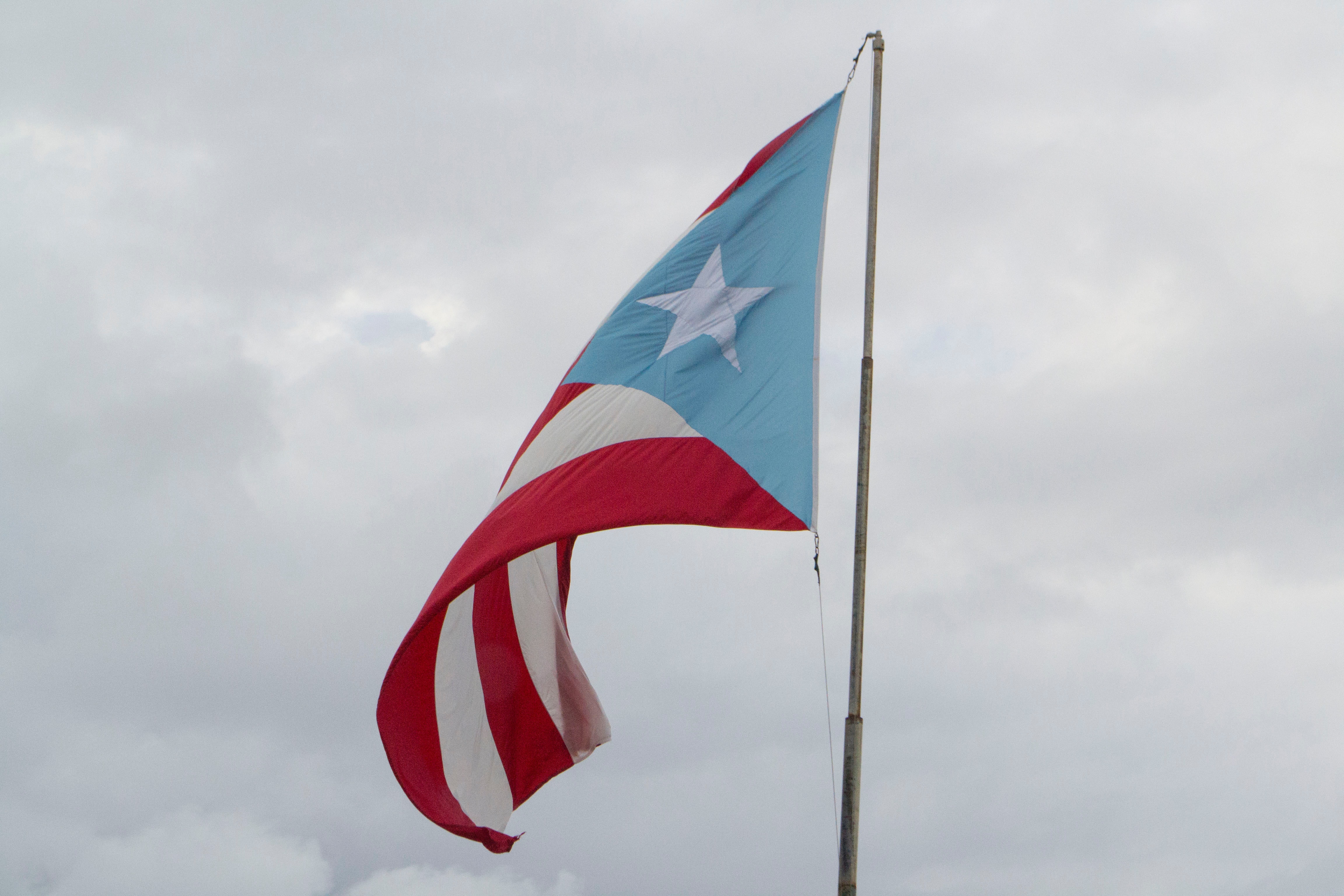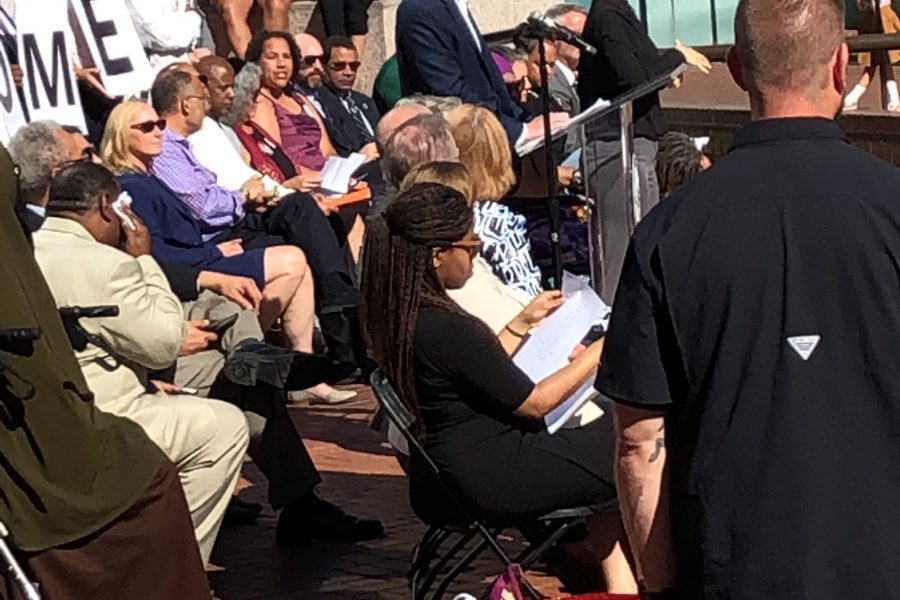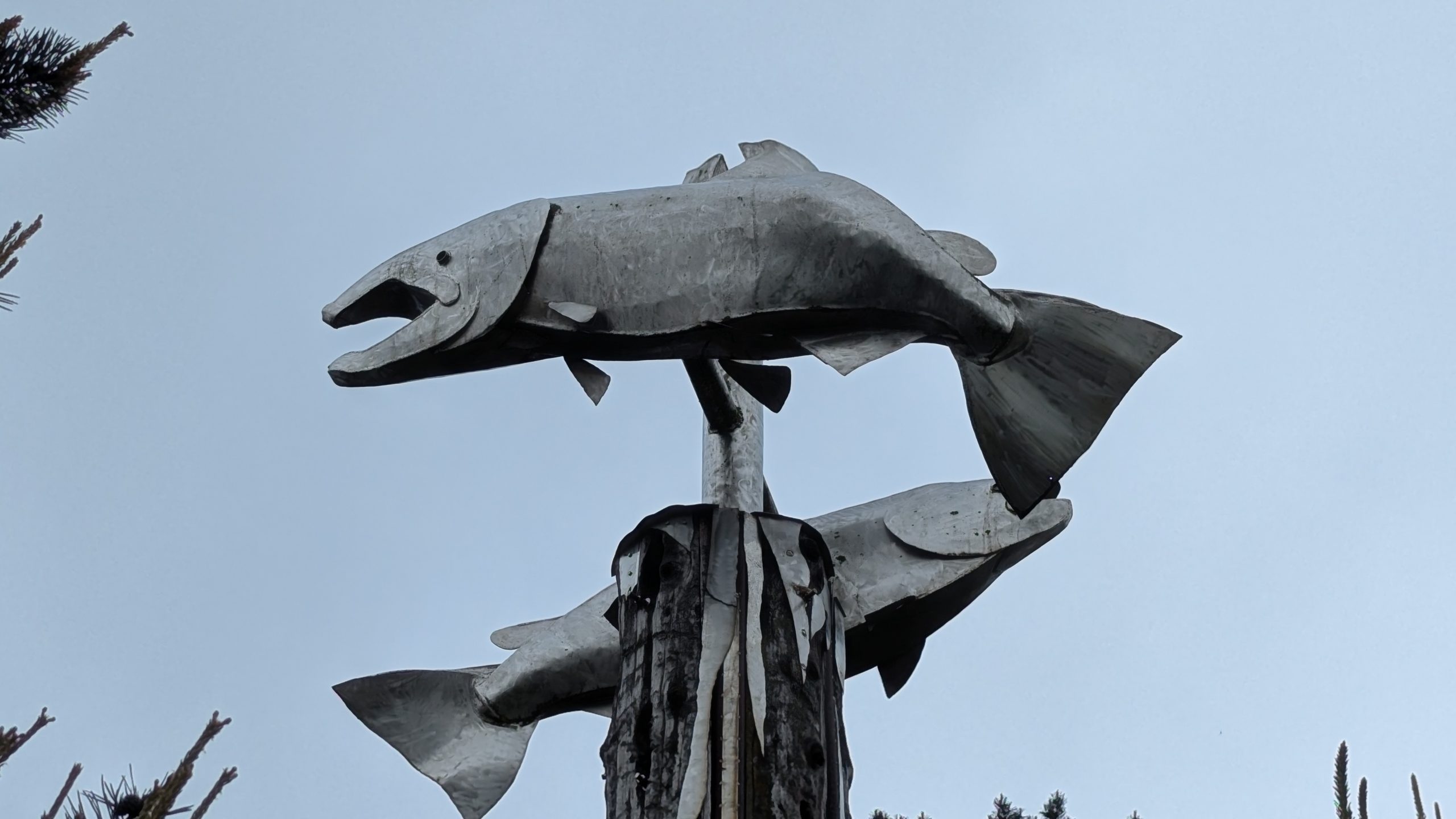After days of protests, Puerto Rican Governor Ricardo Rosselló resigned on Aug. 2, but now the United States territory has had a total of three different governors in less than a week, and is considering a fourth.
Rosselló stepped down as governor after 800 pages of texts between him and several other high-ranking officials were leaked to the public, revealing homophobic, sexist and profane comments. He was replaced by Pedro Pierluisi, whose appointment was called “unethical and illegal” by Senate President Thomas Rivera Schatz.
Pierluisi faced significant criticism from many people who argued he had been hand-picked to take over by Rosselló. The Supreme Court removed Pierluisi from the position with a unanimous vote just five days after the beginning of his term since his position was never confirmed by the Senate.
“It is concluded that the swearing in as governor by Hon. Pedro R. Pierluisi Urrutia, named secretary of state in recess, is unconstitutional,” the court’s statement read according to France 24.
The latest in the string of Puerto Rican governors is former Justice Secretary Wanda Vásquez, who admitted that she had no interest in taking the job, but would do her best to “take a step forward with no interest other than serving the people as [she] has done [her] whole life,” according to a televised speech the new governor made on Aug. 7.
Vásquez was next in line for the governor position—according to Puerto Rico’s Constitution—since the former secretary of state had previously resigned due to the same text scandal that brought down Rosselló. The secretary of state had yet to be replaced, so the responsibility fell to Vásquez instead. According to BBC, the new governor claimed to take office “with the greatest respect and determination to serve my people and push Puerto Rico forward.”
“I will continue to focus on helping our people regain their way in an orderly and peaceful fashion,” Vásquez said upon her inauguration, according to France 24.
Less than 24 hours after Vásquez was formally sworn into office on Aug. 7, however, members of her own New Progressive Party were discussing a fourth option—Resident Commissioner Jenniffer González. González is Puerto Rico’s non-voting representative in the U.S. Congress, and according to TIME, a majority of the New Progressive Party supports her becoming governor.
A total of 66 New Progressive Party members, including Senate President Schatz, several mayors and senators as well as González herself, met for four hours on the morning of Aug. 8 to discuss how to proceed. “If [González] is good over [in the U.S.], she would be ever better here,” Schatz told AP News.
“The leadership…basically agrees that Jenniffer should be the governor,” Senator José Meléndez of the New Progressive Party told PBS News. “It is a matter that must be treated bit by bit because we do not know what is in the mind of Wanda Vásquez. Jenniffer is the consensus person. This should happen quickly, but it depends on what the governor says… The key to breaking the bottleneck lies with Wanda Vásquez.”
In order for González to become the new governor, she would need to be appointed to the open Secretary of State position by Vásquez before being confirmed by both the Puerto Rican House of Representatives and the Senate. Vásquez would then need to resign as governor, something she has publicly said she has no intention of doing.
According to AP News, González has agreed to become the new governor if the New Progressive Party members, including Governor Vásquez, reach a consensus on how to proceed. “If I got that privilege, I would be a great governor,” González told AP News. “…My experience has proven results.”
González has not been quiet about how she would proceed if she were to take over for Vásquez, voicing her opinions and how she would approach governing to several news agencies and officials in Puerto Rico.
“There must be fundamental changes in the entire structure of the government in all cabinet officials and in all contracts that the governments of Puerto Rico has,” González told AP News. “It’s time that the people and not politicians become the priority.”
González has also expressed a desire for Puerto Rico to become an official U.S. state but has acknowledged the mainland U.S. has doubts about the territory’s stability, especially after the recent changes in governorship. “[The U.S. government] doesn’t trust Puerto Rico’s institutions or its officials,” González said.






